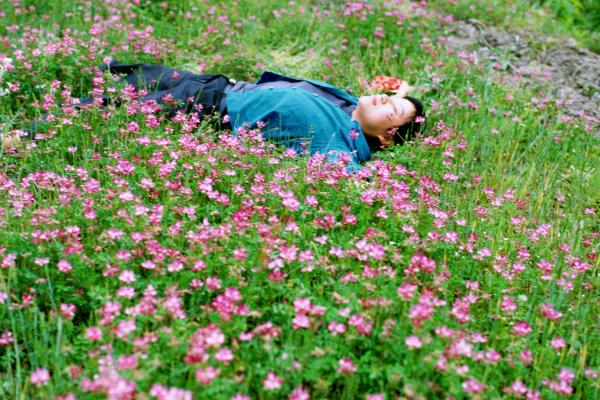
The Institute for Korean Studies presents
“Curative Violence: How to Inhabit the Time Machine with Disability”
Eunjung Kim, Assistant Professor
Department of Women’s and Gender Studies
Disability Studies Program
Syracuse University
Flyer: ![]()
![]()
![]() EunJung Kim Flyer.pdf
EunJung Kim Flyer.pdf![]()
Abstract: This presentation explores “folded time” in which the present disappears through the imperative of cure in the case of Hansen’s disease care in South Korea. By folding time, cure demands temporal crossings to a past through “rehabilitation” and “recovery” and to a future without disabilities and illnesses. By thinking about the imperative of cure as a time machine that seeks to take us to the past and to the future, I explore the possibility of inhabiting in the present with disability and illness.
Cure appears as an attempt at category-crossing from otherness to normality, which reveals the multiplicity of the boundaries that divide “human” and “inhuman” as well as “life” and “nonlife.” I also discuss the temporal trap into which discussions of non-Western societies in Western academic contexts might fall, one that denies coevalness or universalizes disability experiences across different cultural and historical contexts. In this analysis, cure is reframed, not as unequivocally beneficial nor politically harmful, but as a set of political, moral, economic, emotional, and ambivalent negotiations. To rethink cure is to unfold the past, present, and future in order to recognize the various modes of the presence of disabilities and illnesses.
Bio: Eunjung Kim is Assistant Professor in the Department of Women’s and Gender Studies and Disability Studies Program at Syracuse University. Her research and teaching involve transnational feminist disability studies, visual cultures of vulnerability, Korean cultural history of disability, humanitarian communications, asexuality theories, and queer inhumanism.
This event is sponsored by OSU’s Asian American Studies Program, the Department of History, and a U.S. Department of Education Title VI grant to The Ohio State University East Asian Studies Center.
